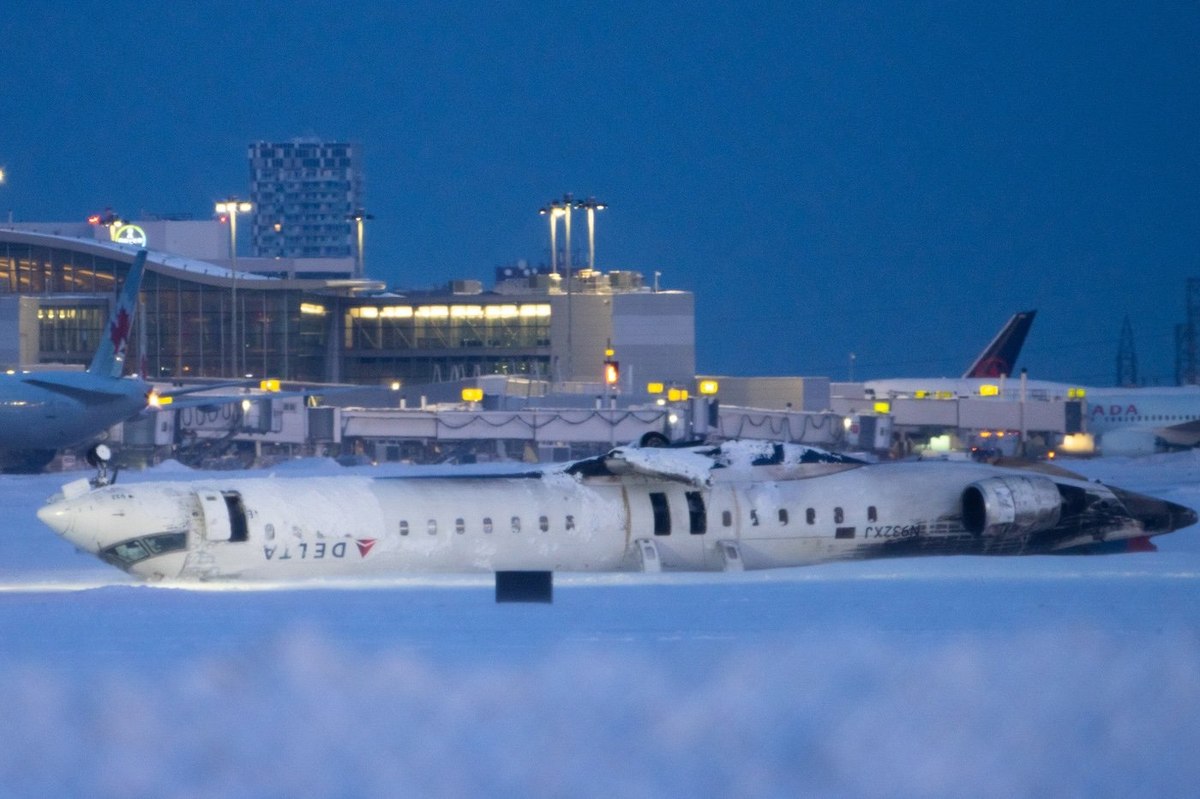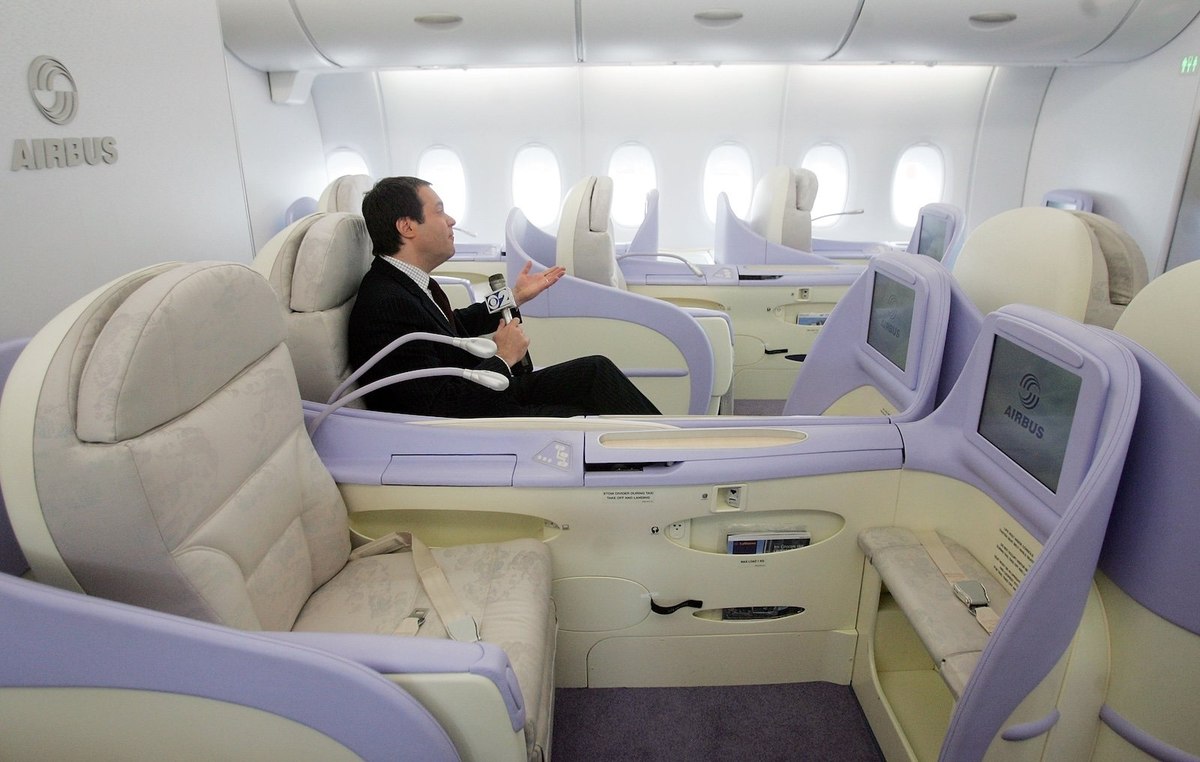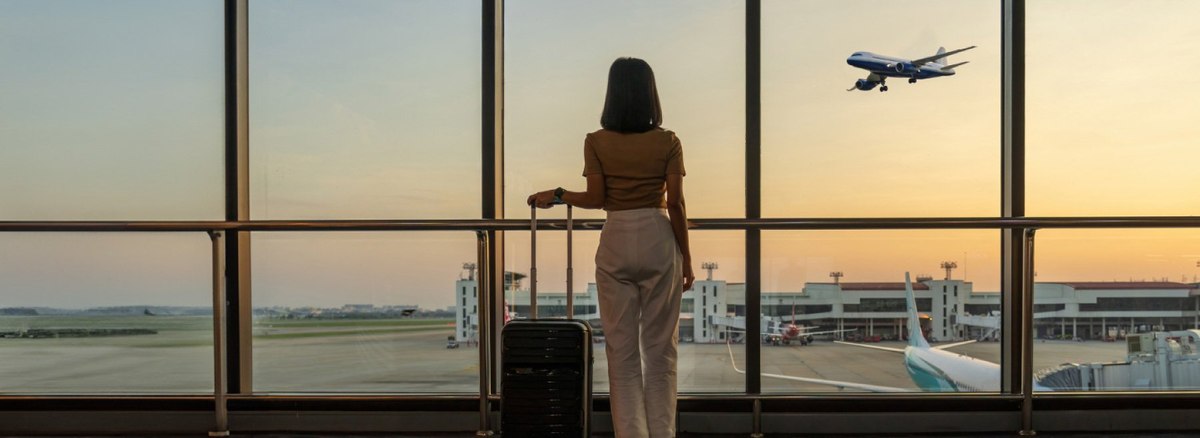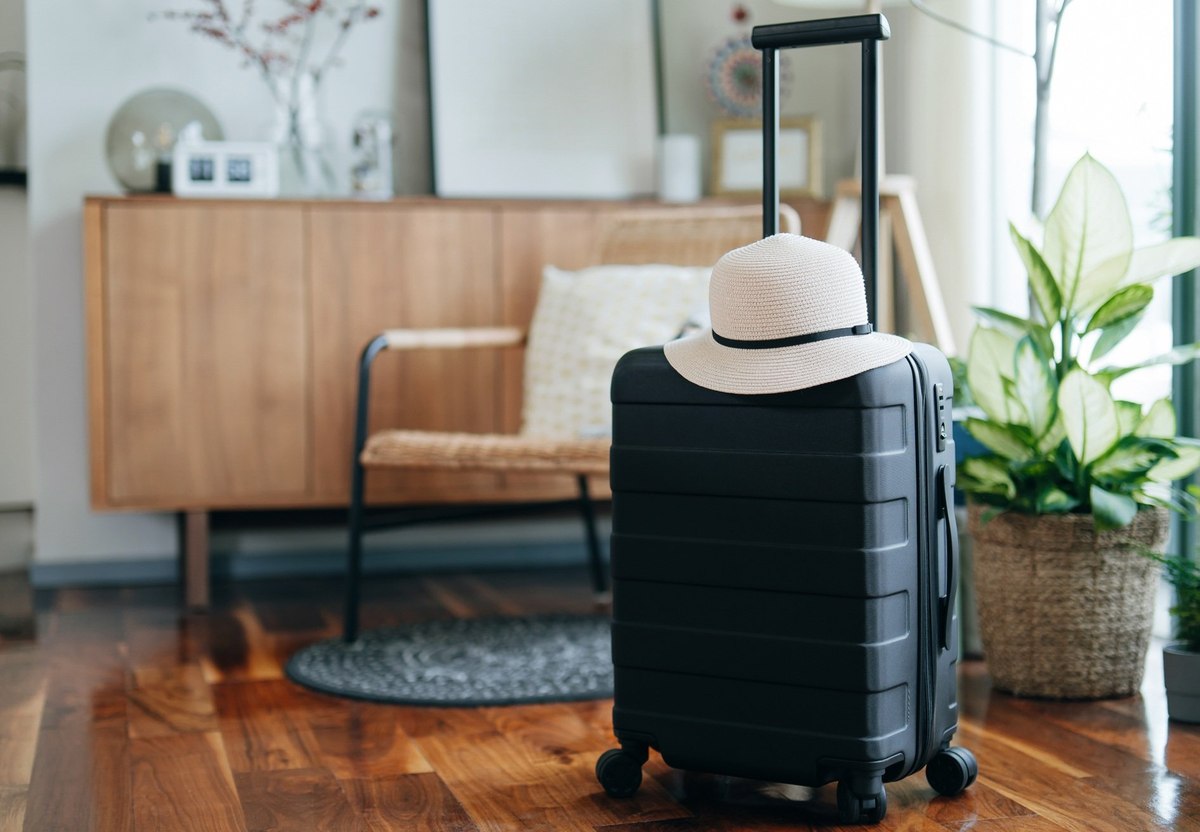
UK travel roundup: Insights from 2024
The UK travel market in 2024 reflects a combination of evolving consumer expectations, technological advances, and shifts in economic conditions. Using data from YouGov’s BrandIndex, Profiles, and other tools, this report examines Britons' preferred destinations, booking trends, and travel brand performance.
Travel preferences and destination trends
Domestic holidays remain the top choice for Britons, with 17% opting for UK destinations. Among overseas options, Spain (15%) and Greece (8%) are favoured. City breaks (24%) and beach holidays (22%) are equally popular for international travellers, while domestic travellers prefer city breaks (26%) over beach holidays (15%).
There's also interest in high-end travel, particularly among older demographics. Over a quarter (27%) of Britons are willing to pay a premium for luxury accommodations. Among these travellers, beach holidays (43%) and city breaks (35%) are most appealing, with many drawing inspiration from family and friends (39%) for destination choices.
Despite rising interest in upscale travel, budgeting remains of significant importance. While 32% of Britons say they set a budget for their holiday and stick to it, around two-fifths of travellers (41%) report exceeding their holiday budgets when on holiday.
Travel brand performance
Jet2.com, EasyJet, and British Airways lead the UK airline market in Ad Awareness. According to YouGov’s data, Jet2.com has the highest ad awareness at 44%, followed by EasyJet at 42%, and British Airways at 40%. Ryanair's Consideration scores hold steady despite low consumer perception scores.
Qatar Airways, though not a UK-based airline, saw a sharp rise in engagement due to its sponsorship of Euro 2024, achieving a 6% uplift in ad awareness among UK consumers. This partnership has aligned the brand with football fans, creating resonance and furthering its image as a luxury carrier.
Premier Inn leads the hotel sector with a 22% Ad Awareness score, attracting consumers with its focus on convenience and inclusivity. Other prominent brands include Airbnb (20%) and Travelodge (14%).
P&O Ferries has worked to rebuild its reputation following past controversies. While its Consideration score reached 9.1% in May 2024, lingering challenges highlight a slow recovery.
Winter campaigns have proven pivotal. Jet2holidays saw Ad Awareness jump from 19.4% in late December to 35.9% by late January. EasyJet holidays and On the Beach also saw significant gains in ad awareness during this period, leveraging promotional events like Sunshine Saturday, the busiest booking day of the year. Euro 2024 has proven particularly valuable for airlines like Qatar Airways, as well as travel-related brands like Booking.com.
British Airways also leveraged creative approaches with its period-drama-inspired safety video. Among Britons exposed to the video, 38% found it engaging, and 27% associated the brand with innovation. The campaign also boosted positive sentiment, with viewers reporting improved perceptions of British Airways' creativity and customer experience.
Converting brand Awareness into sales remains a challenge for many travel brands. Booking.com boasts a 50% conversion rate from Awareness to Consideration, indicating that the company is effective at converting half of consumers into considerers. British Airways Holidays achieves a 36% conversion rate from consideration to purchase intent despite lower overall awareness.
Booking behaviour and challenges
While 15% of Britons book trips within a month of departure, most prefer planning ahead. About 35% book 1-3 months in advance, 23% book 4-6 months prior, and 27% plan more than six months ahead.
Rising living costs are affecting travel decisions, with 52% of Britons taking fewer holidays. Roughly two-fifths of families with school-aged children (42%) favour term-time travel to avoid peak pricing despite potential penalties.
Artificial intelligence is revolutionising many industries, and travel is no exception. Interestingly, only one in ten British travellers seek a complete digital detox on their trips. In contrast, 42% are integrating or open to using AI in their travel planning.
Younger generations are at the forefront of adopting AI in travel for one-of-a-kind experiences while older generations are cautiously accepting the new technology for more efficient planning.
Consumer perceptions of travel
Roughly three-quarters of British travellers (76%) indicate they would switch seats if the person wants to sit next to a younger family member. Baggage policies continue to be a contentious issue—40% of Ryanair and EasyJet customers report dissatisfaction with current regulations.
While 43% of Britons express satisfaction with UK train services, key reasons for decrease in train travel include cost, reliability and convenience.
New city entry fees are controversial, with 43% of Britons indicating they would avoid destinations imposing such taxes. This sentiment is stronger among infrequent travellers (57%) than frequent ones (28%).
Inclusivity is a priority for 31% of travellers when booking accommodations. Nearly half (46%) rely on reviews from travellers with similar needs, while 34% value clear descriptions of accessibility features.
Image: Getty Images


























